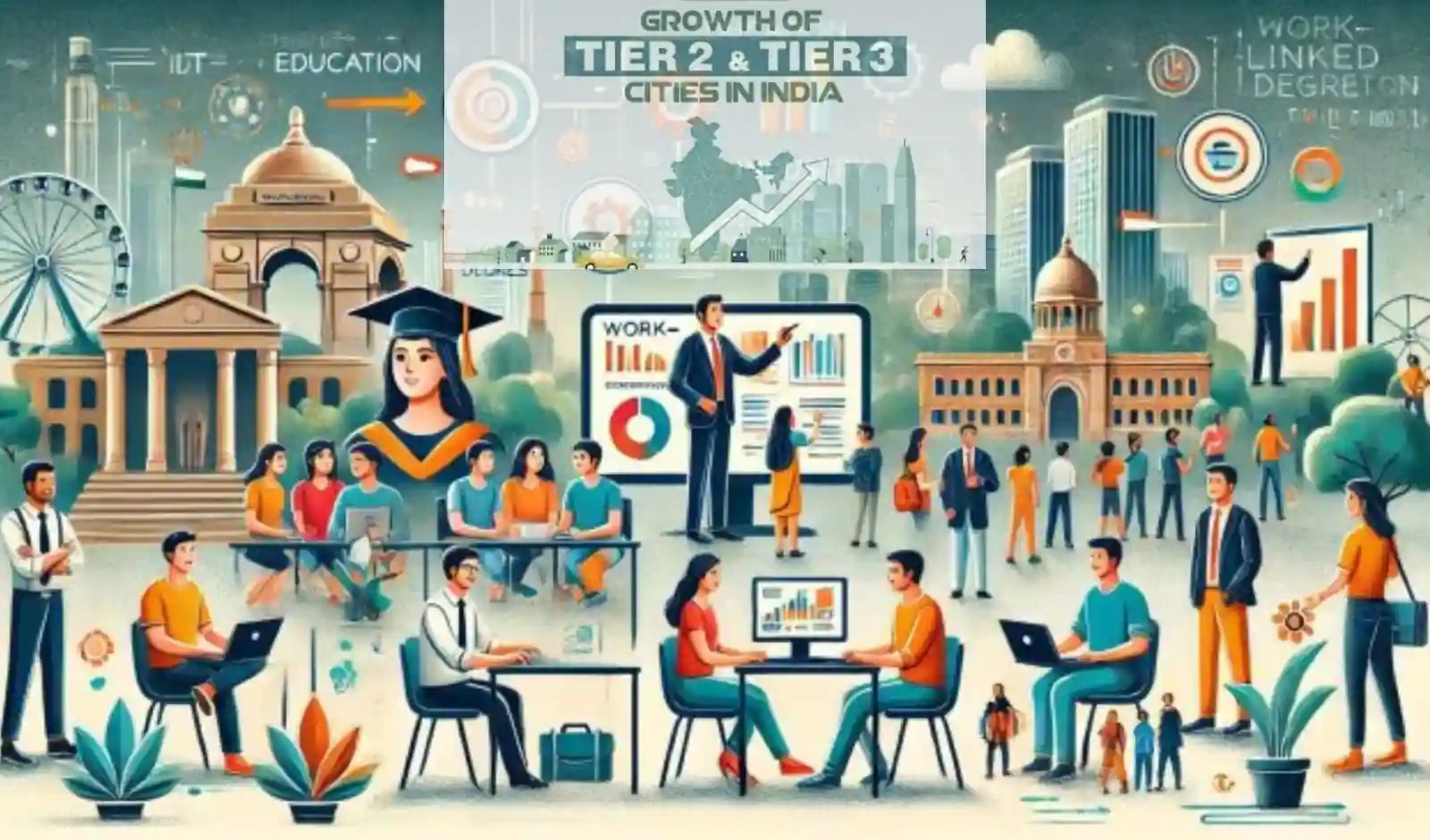
Along with the expansion of education, it's also worth considering how Tier 2 and Tier 3 cities are shaping the future of education in India and how this expansion is impacting the growth of these cities.
Nirvan Birla, Managing Director of Birla Open Minds, shared his thoughts on this, saying, "India's next big leap in expanding education will come not just from the metropolises, but from every corner of India where it is steadily gaining ground. Today, Tier 2 and Tier 3 cities are no longer isolated when it comes to learning. Rather they are emerging as high-potential regions where aspirations meet opportunities and where the demand for quality, future-ready education is rapidly growing. These are places where education is not taken for granted, but is pursued with full dedication.
Nirvana Birla further added "In this evolving landscape progressive education models are quietly making an impact blending academic excellence with value-based development. We can see this in our schools in Dewas, Trivandrum, Nagpur, and Lucknow each rooted in the local context yet opening doors to a global perspective. What connects these efforts is a shared belief that children regardless of geography deserve an education that is relevant and future-ready. An education that prepares them not only to excel in exams, but also to thrive in the wider world with confidence, empathy and purpose."
Birla said "India's education story won't be written solely in boardrooms. It's being shaped away from the headlines in classrooms where real change often begins. The question isn't whether Tier 2 and 3 cities are ready for the future of education. The question is whether we're ready to invest in the future they're already imagining."
Looking at the current changing education system, it is clear that various Tier 2 cities, such as Jaipur, Lucknow, Coimbatore, Chandigarh, Indore, and Tier 3 cities, such as Nagpur, Patna, Bhopal, and Bhubaneswar, are contributing significantly to the expansion of education. Furthermore these cities are achieving unprecedented progress through this expansion. Essentially the expansion of education helps establish Tier 2 and Tier 3 cities as economic hubs, bridge the digital divide and foster the development of local talent. Education is also contributing to the development of better infrastructure in these cities including new colleges and universities.
Education Contributes to the Development of Tier 2 and Tier 3 Cities
Economic Development: The expansion of higher education is boosting economic activity in these cities making them attractive centers for investment. Opportunities in the technology, healthcare and financial sectors are expanding, reducing the need for local talent to migrate to larger cities.
Infrastructure Development: New educational institutions such as new medical colleges and university campuses are being established, providing better facilities to local residents and those in surrounding areas. Urban mobility plans and infrastructure development are preparing these cities for the future.
Digital Divide: The internet and edtech platforms have raised the level of education in these cities giving them access to quality education that meets global standards. Online education has helped narrow the education gap between large cities and smaller towns.
Talent Development: Local talent is being nurtured through education preparing them for employment and career opportunities. Government and private companies are focusing on skill development in these cities.
Social Progress: Rising literacy rates and improving education quality are driving social progress. Government initiatives and private investment are providing greater opportunities and access to education. Overall education is empowering Tier 2 and Tier 3 cities to play a vital role in India's economic development and social progress.

